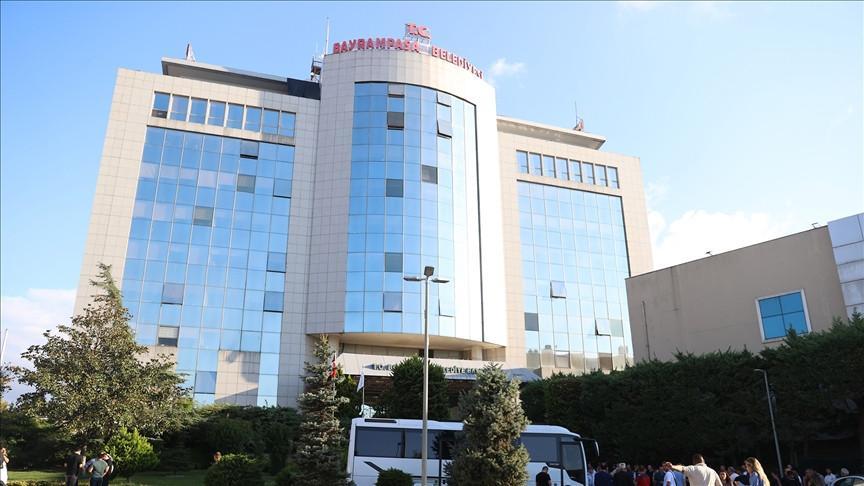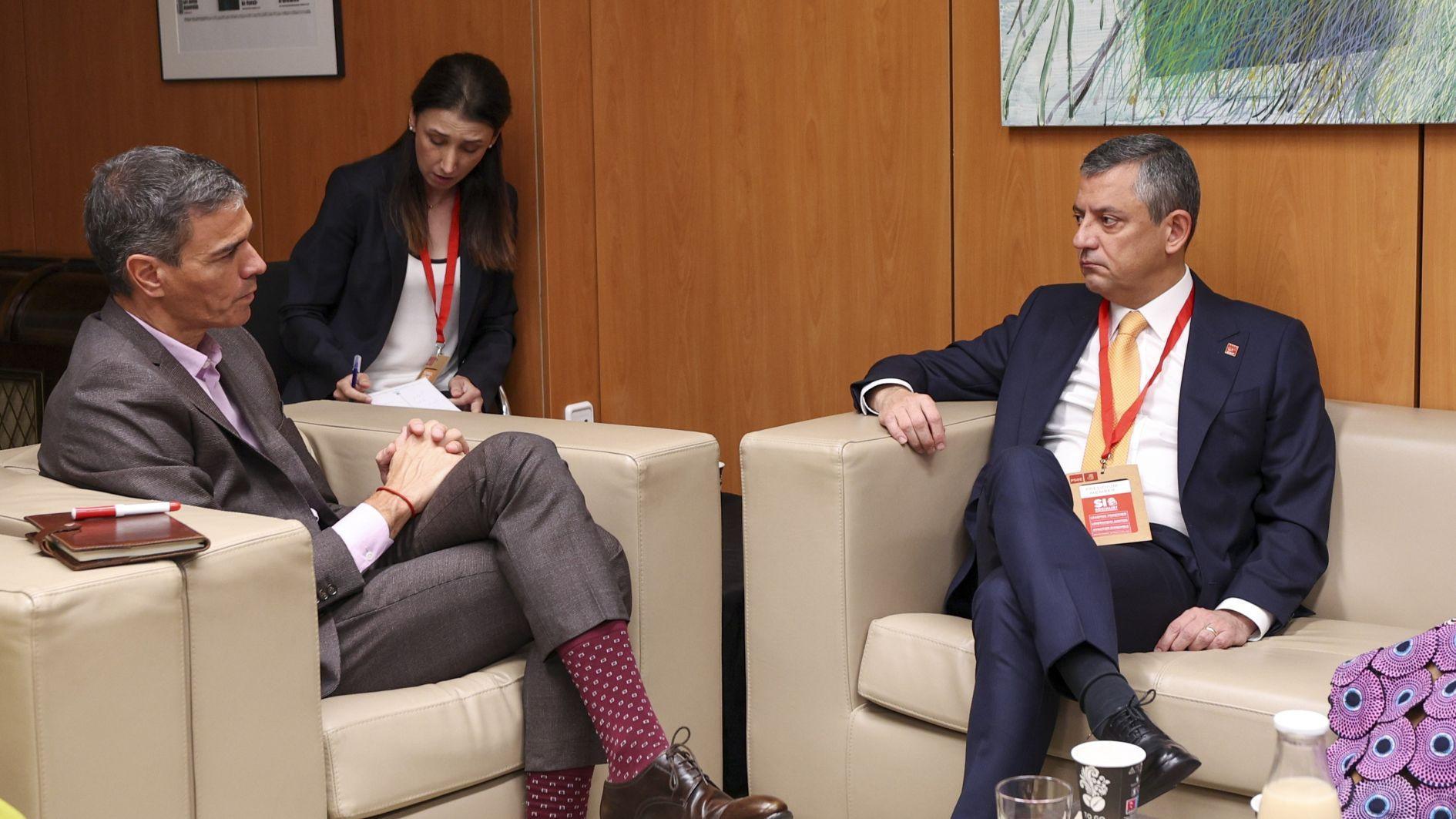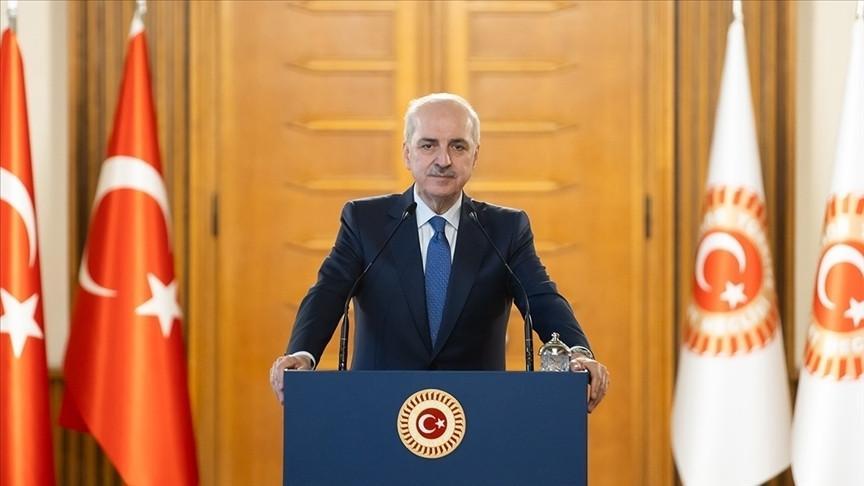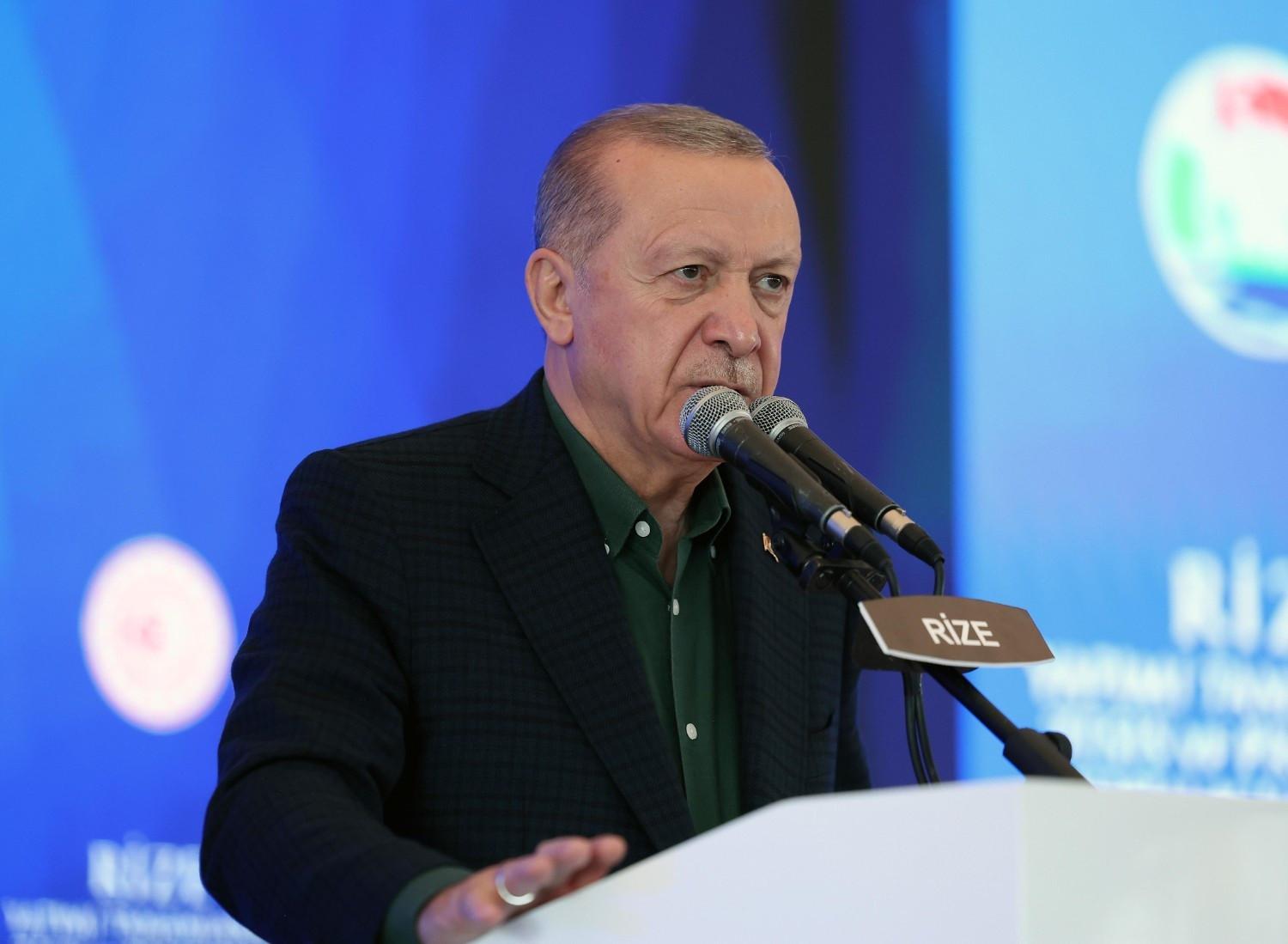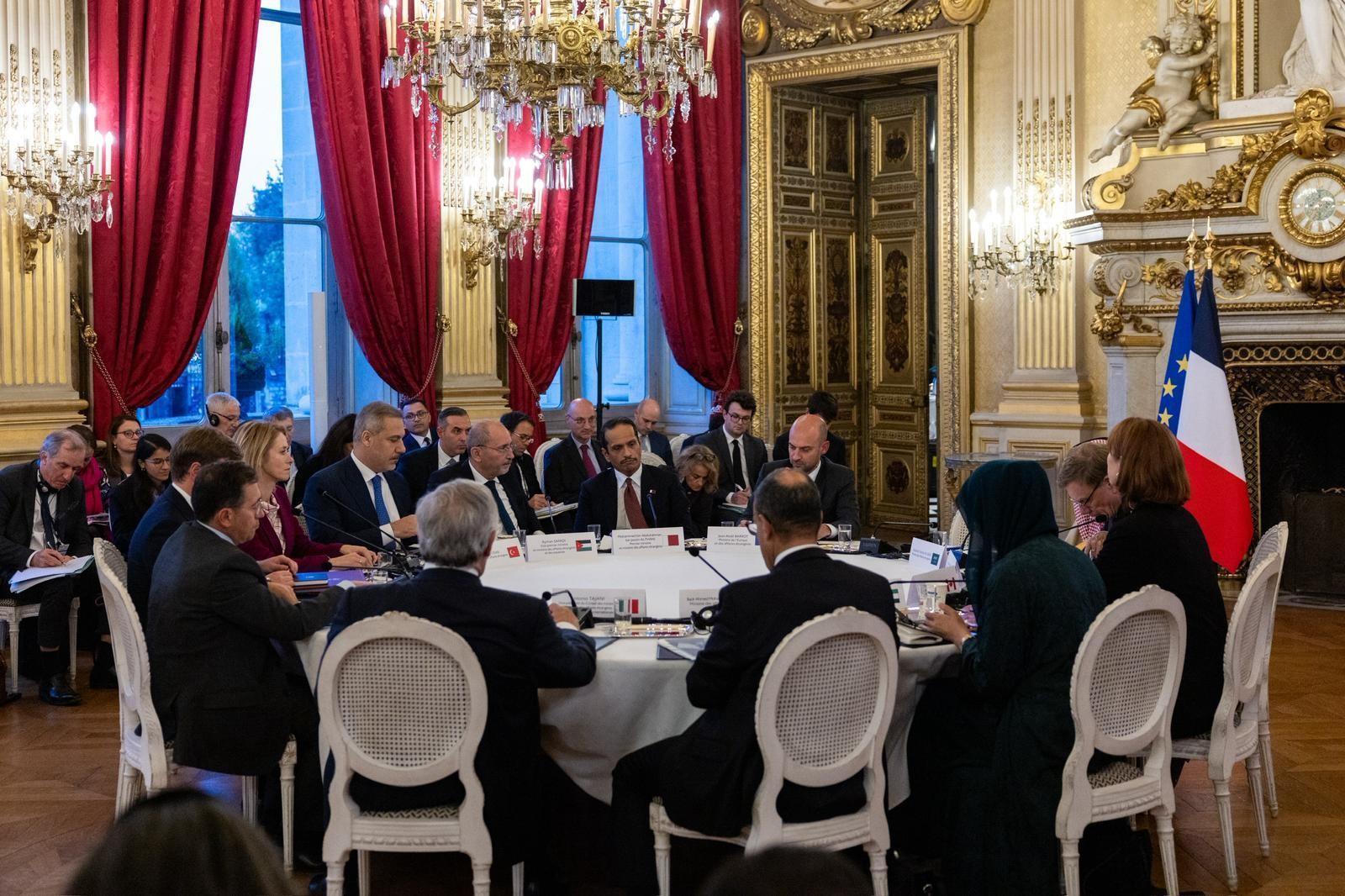Syrian FM in Beirut, first senior official to visit since Assad's ouster
BEIRUT

Syrian Foreign Minister Asaad al-Shaibani arrived in Lebanon on Oct. 10, the first senior official to visit from Damascus since the overthrow longtime ruler Bashar al-Assad.
The neighbors have been seeking to reset ties after Assad's family dynasty exercised control over Lebanese affairs for decades and was accused of assassinating numerous officials in Lebanon who expressed opposition to its rule.
Shaibani was accompanied by a delegation that included Justice Minister Mazhar al-Wais and would discuss issues including "reactivating Lebanese-Syrian diplomatic relations.”
Shaibani met Lebanese President Joseph Aoun, Prime Minister Nawaf Salam and Foreign Minister Youssef Raggi.
Key issues included the fate of Syrian prisoners in Lebanese jails and the demarcation of the porous, 330-kilometre (205-mile) border notorious for smuggling.
Some 2,250 Syrians are held in Lebanese jails, around a third of the total prison population, a judicial official told AFP, adding that around 700 met the conditions for extradition but the matter requires a new accord between the two countries.
Hundreds of Syrian prisoners, accused of "terrorism" or related offences including attacks on Lebanese forces, have been brought before military courts.
Others are held for alleged membership in jihadist or armed groups that were opposed to Assad, while some are still awaiting trial.
Lebanese hosts some 1.3 million Syrians who fled the war, while the United Nations refugee agency says more than 294,000 have returned home this year.
Lebanese premier Salam met with Syrian leader Ahmed al-Sharaa in Damascus in April.
A month earlier, Lebanon and Syria's defense ministers signed an agreement to address border security threats after clashes left 10 dead.
Lebanon's new authorities took office this year after the balance of power shifted following a devastating war between Israel and Assad ally Hezbollah that left the militant group badly weakened.
Hezbollah, which fought alongside Syrian government forces during the country's civil war from 2011, lost a major ally and supply route with Assad's downfall.


